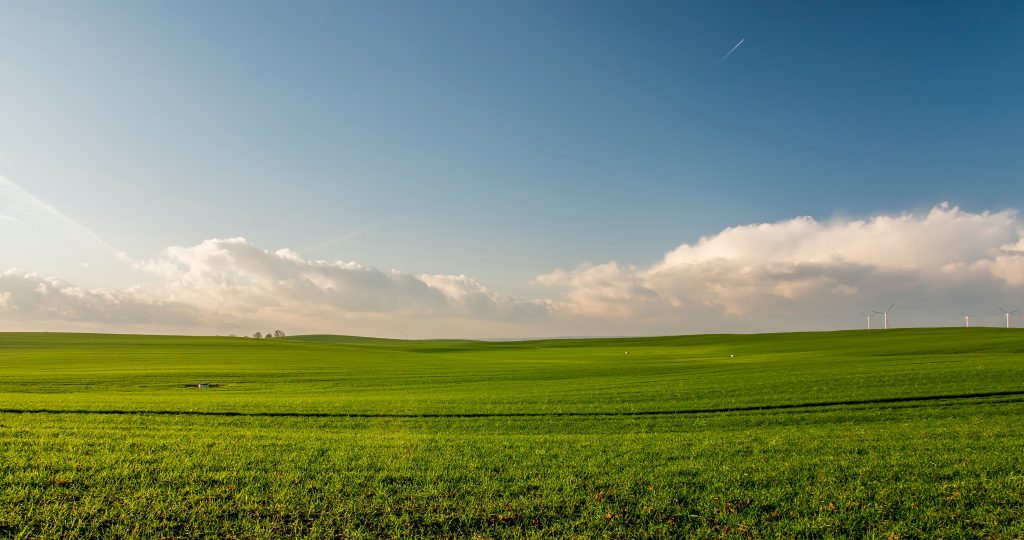July 3, 2023 – The moratorium on the purchase of agricultural land in Croatia for citizens of other European Union countries went down in history on July 1. This, however, should not cause major shifts on the domestic agricultural real estate market.
There are several reasons for this, writes Index. A good number of foreigners who wanted to buy land in Croatia have already done so through the companies they founded in Croatia. Furthermore, most agricultural plots in Croatia are fragmented. Large foreign investors, who need several hundred hectares, cannot find their interests.

Mild Price Corrections on Agricultural Land in Croatia Expected
The president of the Croatian Chamber of Agriculture, Mladen Jakopovic, believes that, there will not be any problems in this matter for the fertile Croatian land on the continent. For psychological reasons, there will probably be some slight price correction. This will not cause any shocks on the market, though, nor will there be any major movements.
He explains that all serious players have already registered companies in Croatia and purchased land through them. For small businesses and natural persons it is complicated and difficult to get land anyway, due to the mess in cadastres and land registers. No major crowds expected there. He does expects problems on the coast.
“This has been the case for some time, and now we see that, after July 1, it will further intensify because the prices of agricultural land on the coast are speculative. Everyone is thinks that soon enough it will become construction land and that it will be converted into apartments,” says Jakopović. He adds that there is serious interest, especially from Austria, in purchasing forests in northern and northwestern Croatia.
Those Who Wanted it Already Bought Land
His colleague from Slavonia, Matija Brlošić, does not expect problems with foreigners either. “I strongly doubt that anyone will come here and buy a hectare, two, three or ten in order to start farming. Those who wanted it, already bought the land here through a company…”, says Brlošić. He believes that local entrepreneurs who have never before engaged in agriculture are the bigger problem.
“These are some businessmen, transporters, lawyers… who have been speculatively buying land for the past 4-5 years, obviously estimating that its price will rise, so that they can now sell to foreigners at significantly higher prices. The problem is that they raised the price of that land twice and made it inaccessible to us farmers who make our living from it,” said Brlošić for Jutarnji list.










